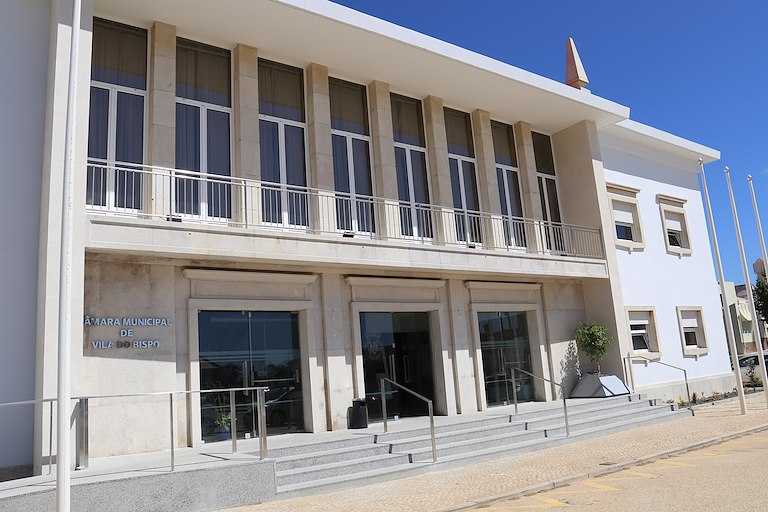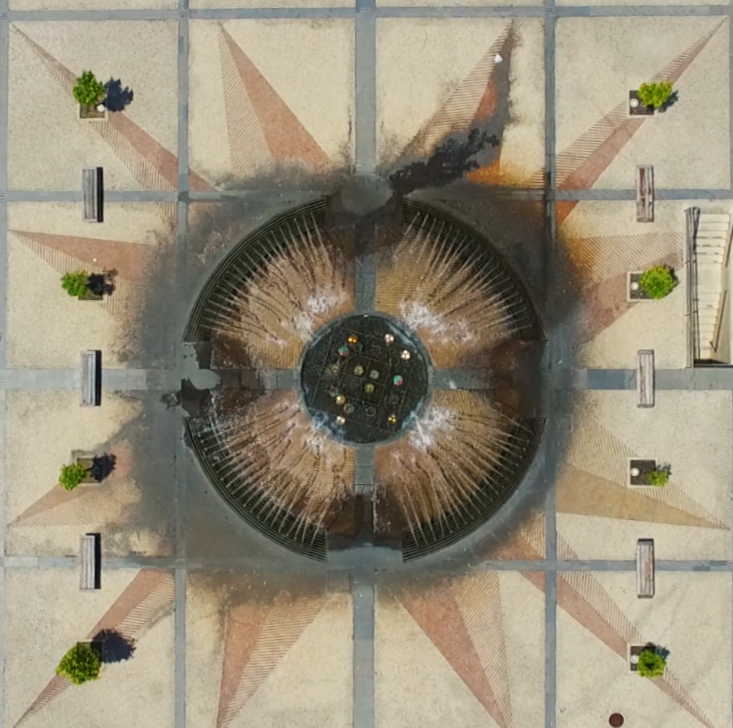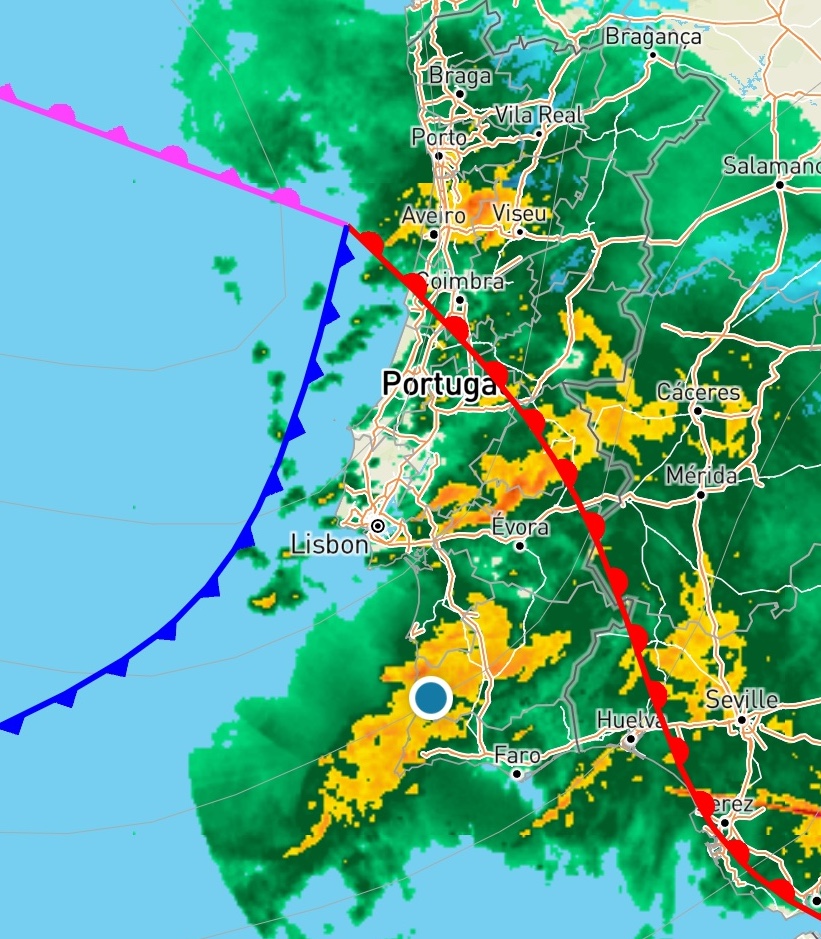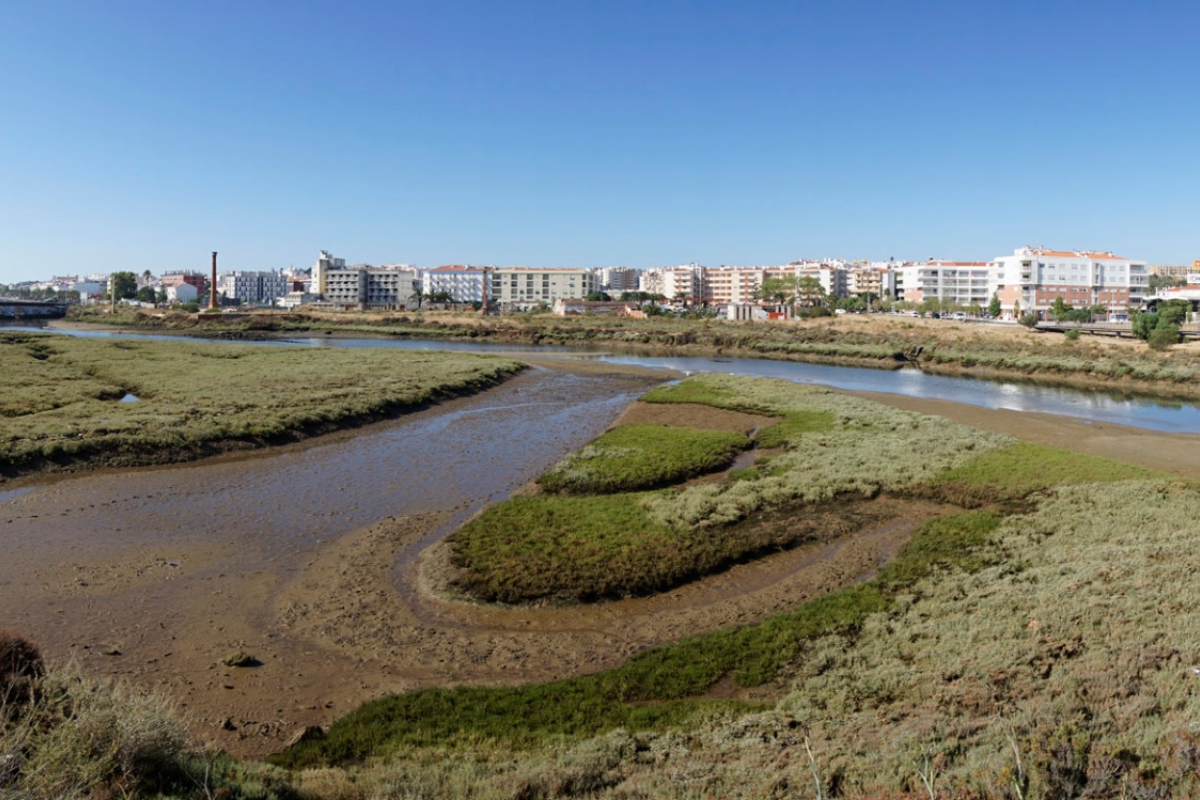For most Americans, highway tolls are a rare phenomena. In the United States, we have very few toll roads. Generally we see roads as falling under the responsibility of the government. What do we get for our tax money except roads and trash collection anyway? The few toll roads we do have are usually bridges or in national parks and you pay them immediately. Like in France. Like in Switzerland. Like in Germany. In fact, like most of Europe.
First, you stop and take a ticket as you enter the highway. Then every once in a while, you stop again and pay whatever amount you owe for the number of kilometres you’ve driven on the toll road. At first glance, an automatic system that works with cameras like the one in Portugal seems more evolved, more efficient, and maybe even safer. But the highway tolls in Portugal have one major flaw: they hide their charges.
This insidious methodology of charging to drive on specific roads means that you might never get a bill. But if you live here, you’ll eventually be slapped with fines that could already be in the thousands of euros by the time you first hear of them. How could such a thing happen, you wonder?
It turns out it happens here on such a frequent basis that almost everyone I asked had a similar experience. Public outrage has finally reached the upper levels of politics and demanded that the law be changed. In July 2023, there were slight amendments. But before you get too optimistic about the shift, let’s be clear. Instead of five days to pay, it’s now 10. And instead of a 7.5 time increase on the original fine, it’s only five. However, what this actually means is that not much has changed.
The major issue with this system is that these mysterious letters that are required to be sent BEFORE the fine goes to the IMI often never arrive. According to a legal representative here in Portugal who wished to remain anonymous, the letters are often never sent. Either CTT deems them not important enough to deliver or ViaLibre never sends them at all. By the time you get the actual fine from the government two or three years later, you cannot prove you never received this letter. And of course, you have no idea if you were driving on that highway sometime during the year three years ago.
In our case, we moved to Portugal in 2020, just as the global pandemic started. We bought an old car, which was registered in our name, but we did not have a permanent address, so we used the address of a property where we were renting an Airbnb (with the owner’s permission of course).
We never thought about forwarding the mail from there and we were never informed that we received any mail. We also didn’t realise until we’d been here for about a year and a half that the highway tolls can be paid automatically if you put a system in your car that reads the toll booths and automatically charges your credit card.
So we were basically using the highway toll roads but had no idea they were toll roads for a long time – probably nearly a year. Once we were alerted to the fact that these are paying roads and we hadn’t paid – after countless trips to the post office– we installed the Via Verde system in the new cars we purchased. The old VW we kept for friends to use but since we hardly used it, we never got a Via Verde system for it. But we never received any notices about fines and were therefore unaware that colossal fines were building up, with interest, in the government office.
Fast forward to three years later and the bills started arriving – not to our permanent address but with our accountant via the finanças website (a whole other kettle of fish that’s like trying to sail a boat by starlight navigation in cloudy weather!)
We asked our accountant and our lawyer about the exorbitant fines, which added up to thousands of euros. They both said that it’s how the system works here in Portugal. You receive a notification in the mail (we never did because the car had been registered to a temporary address). If you don’t pay it within five days, it goes to the tax authority in Portugal. Even if they have no proof of receipt on your end, this happens.
Next, they hold the fine for YEARS while it accrues massive interest on top of the original fine, which is usually less than 10 euros. Once it’s sufficiently colossal, they add the bill to your tax portal online. You then have a few seconds to pay it before the charges increase. And so on.
I tried calling Via Verde and was told we have no fines with them but I should call the second highway toll place, which is called Vialivre. Both confirmed that no more fines existed. But then more appeared on my finanças website. I called them back.
“OH, Yes. Once the fines have already gone to the IMI tax authority, we no longer see them here,” said the Vialivre representative as if this was perfectly understandable.
“So I have no idea how many more fines I will receive?” I asked.
“I cannot see any,” he replied. “Nevertheless, this does not mean you do not have any. They may already be with the IMI.”
Indeed. They were. Thousands of euros worth. Literally.
According to one website, there are four different ways to pay your highway tolls. But not if they’ve already gone to the IMI. In that case, I could literally find no way to understand if more fines were coming or if I could pay them and stop the accruement of interest on top of the fines. I haven’t given up yet. But it was beyond me to find an answer to this complicated question. It seems I am not alone in this plight, and both an accountant and a lawyer confirmed there is no way to find out if you have fines waiting for you at the IMI. You must simply wait.
In an article about the local Portuguese protests regarding this unfair and ridiculous practice, they also state various ways and time frames in which to pay your fines. They do not, however, answer the question of how you can find out about fines once they have already gone to the IMI. That, it seems, is like a black hole. Once they’re passed on to the tax authority, you’re toast. As we say.
In our case, everyone threw up their hands and said the same thing: pay it or risk even further penalties. So unless you can prove beyond a doubt that it was not your car (for example, you were abroad when the toll was issued or you’re ill and therefore not driving your car), you’ve got no chance of getting out of it. I was told that in some cases, they can’t read the licence plate properly, so the bill gets sent to someone else. Good luck proving three years later that it wasn’t your car on the road.
If anyone knows an answer to how to reach the IMI fines and pay them, I’d be overjoyed to know about it – as I’m sure would many other unsuspecting drivers on the Portuguese highways.
Meredith Price Levitt is a freelance writer and aerial silks teacher. She has just opened a new aerial studio near Lagos called The House of Honey. The studio offers all kinds of aerial classes, including aerial yoga, and hosts retreats with aerial teachers from all over the world. An American expat, she moved to the Algarve in 2020 after spending 20 years in Tel Aviv.
Some references to this law and local outrage about the exorbitant fines (in Portuguese) courtesy of my accountant:
www.deco.proteste.pt/auto/carros-eletricos/noticias/o-que-muda-portagens-porticos-autoestradas
www.doutorfinancas.pt/financas-pessoais/portagens-o-que-vai-mudar-nas-coimas-e-nos-prazos/
Update:
After going to print in June, the Portuguese parliament approved the PS proposal to eliminate tolls on roads known as ‘ex-SCUTs’, which will apply to the A22 in the Algarve. The bill also applies to road sections “where there are no alternative routes that allow safe and high-quality use.”
The final legislation presented by the Economy, Public Works and Housing Committee, based on a Socialist proposal, was approved with the votes in favour of the PS, Chega, BE, PCP, Livre and PAN, with IL abstaining and PSD and CDS-PP against.
This bill, which comes into force on 1 January 2025, aims to end tolls on the A4—Transmontana and Marão Tunnel, A13 and A13-1—Pinhal Interior, A22—Algarve, A23—Beira Interior, A24—Interior Norte, A25—Beiras Litoral and Alta, and A28—Minho on the stretches between Esposende and Antas and between Neiva and Darque.
According to the Socialists, the measure will have a budgetary impact of 157 million euros.
A week ago, in a statement sent to the Lusa news agency, Manuel Melo Ramos, the president of the Portuguese Association of Toll Motorway or Bridge Concessionaires (APCAP), warned that taxpayers would bear the cost of abolishing tolls on ex-SCUTs.
In February 2023, the parliament, which at the time had a Socialist majority, voted against PSD, Chega and PCP bills to reduce or eliminate tolls on the old SCUT motorways.
At the time, the PS parliamentary leader, Eurico Brilhante Dias, recalled that the value of motorway tolls has been decreasing under Socialist governments and accused the Social Democrats of “political opportunism”.
Despite political opposition, Tomorrow predicts that most of our readers will be celebrating this news along with our American in the Algarve, Meredith Price. Our editorial team will attempt to understand if this will mean that pre-dating fines will still be pursued, to be reported at a later date.












